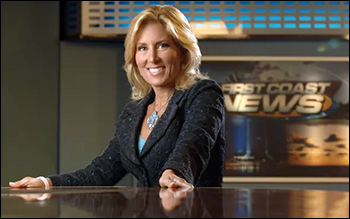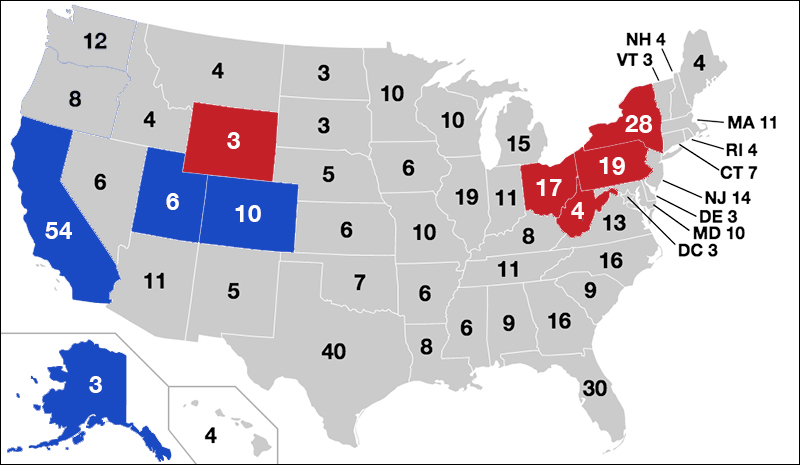By Jim Ellis — Friday, July 14, 2023
House
TX-34: Former Rep. Flores (R) Announces Rematch Bid — In 2020, Republican Mayra Flores won a special election to succeed resigned Democratic Rep. Filemon Vela (D-Brownsville) in the pre-redistricting 34th District. The post-redistricting seat changed the 34th from a D+5 seat according to the FiveThirtyEight data organization into a D+17. Predictably, Flores, then being forced to run against another incumbent, Rep. Vicente Gonzalez (D-McAllen), lost by a substantial 53-44 percent margin.This week, Flores announced that she will return for a rematch with Rep. Gonzalez, though her odds of attaining victory are not appreciably better. Her presence makes the seat somewhat competitive, but Rep. Gonzalez must again be considered a strong favorite in a district drawn to elect a Democrat so a Republican, in this case Rep. Monica de la Cruz (R-McAllen), could win the adjacent 15th CD.
CO-8: No Rematch; GOP has New Candidate — One of the closest 2022 congressional elections came in the northern Denver suburbs from a new seat that Colorado earned in national reapportionment. In November, then-state Rep. Yadira Caraveo (D-Thornton) defeated state Sen. Barbara Kirkmeyer (R), 48.3 – 47.7 percent, to become the first winner of this new congressional district. In 2024, the Republicans will have a new candidate.
Kirkmeyer announced Wednesday that she will not return for a congressional rematch next year, instead saying she will seek re-election to the state Senate. Upon that announcement, Weld County Commissioner Scott James (R) immediately filed a congressional committee with the Federal Election Commission. The close political nature of this new district means we will again see a competitive race here in 2024, and very likely another close finish.
IL-12: Close Primary Challenge Poll — At a 4th of July celebration event, former state senator and 2022 Illinois Republican gubernatorial nominee Darren Bailey announced a congressional primary challenge to veteran Rep. Mike Bost (R-Murphysboro), the chairman of the House Veteran Affairs Committee.
Immediately after the 4th, the Cor Strategies firm went into the field with a survey (July 5-8; 661 IL-12 registered Republican voters; multiple sampling techniques) and sees Rep. Bost posting only a 43-37 percent advantage over Bailey. The congressman leads big in the southern and western parts of the district while Bailey has a clear advantage in the northern and eastern geographic sections.
NY-22: State Senator Says he will Run for Congress — Freshman Rep. Brandon Williams (R-Syracuse) scored a 50-49 percent win in November to secure a D+2 (according to the FiveThirtyEight data organization) seat for the GOP. A pair of Democrats had already announced for the seat, including local town councilwoman Sarah Klee Hood, and now state Sen. John Mannion (D-Geddes) says he will enter next year’s congressional race. During Rep. John Katko’s (R) four-term congressional career, the district was perennially competitive, and the same pattern is likely to continue well into this decade.







